FTC's Appeal Could Delay Or Block Microsoft's Activision Purchase
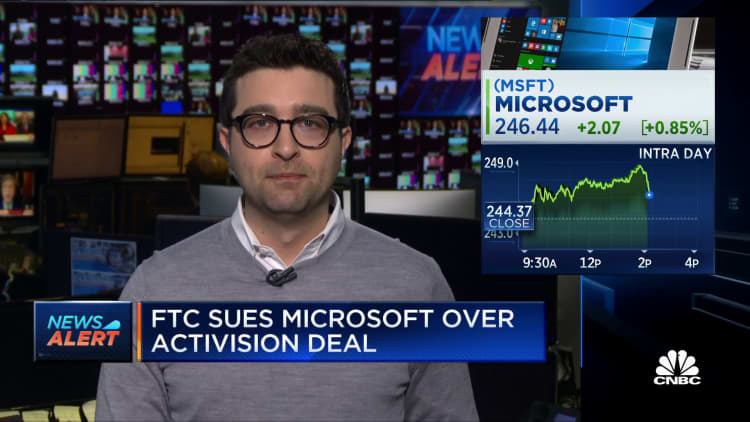
Table of Contents
The FTC's Antitrust Concerns
The FTC's core argument against the Microsoft Activision Blizzard acquisition centers on potential anti-competitive practices that could harm consumers. Their lawsuit alleges that the merger would give Microsoft an unfair advantage, stifling competition and potentially leading to higher prices or reduced game choices.
-
Reduced competition in the gaming console market: The FTC argues that Microsoft, with the addition of Activision Blizzard's portfolio, including blockbuster franchises like Call of Duty, would dominate the market, leaving less room for competitors like Sony and Nintendo. This reduced competition could lead to less innovation and a less vibrant gaming ecosystem.
-
Harm to consumers through higher prices or limited game choices: The FTC worries that Microsoft could leverage its newfound power to make Call of Duty and other Activision Blizzard titles exclusive to its Xbox ecosystem, forcing players to purchase Xbox consoles or subscribe to Xbox Game Pass to access these popular games. This could lead to higher prices for gamers and limit their choices.
-
Microsoft's potential to leverage Call of Duty and other Activision Blizzard titles to gain an unfair advantage: The FTC highlights Call of Duty's immense popularity and its potential use as a lever to gain an insurmountable advantage in the market, potentially shutting out competitors from key gaming segments.
The FTC's proposed remedies aim to prevent these potential anti-competitive outcomes, potentially including structural remedies like divestiture of certain Activision Blizzard assets.
Microsoft's Defense Strategy
Microsoft counters the FTC's claims with a robust defense, arguing that the merger will actually benefit consumers and foster competition. Their strategy relies on several key arguments:
-
Promises to ensure Call of Duty remains available on multiple platforms: Microsoft has repeatedly pledged to keep Call of Duty available on PlayStation and other platforms, even signing a legally binding 10-year agreement with Sony. This commitment aims to directly address the FTC's concerns about exclusivity.
-
Arguments against the FTC's assessment of market power: Microsoft disputes the FTC's assessment of its market power, arguing that the gaming market is dynamic and competitive, with numerous players vying for market share.
-
Highlighting the benefits of the merger for gamers and the industry: Microsoft emphasizes the potential benefits of the merger, such as increased innovation, expanded game offerings, and the potential for more cloud gaming opportunities.
Microsoft has also offered several concessions to appease the FTC's concerns, further bolstering its defense in this complex antitrust lawsuit.
Potential Outcomes of the FTC's Appeal
The FTC's appeal presents several possible scenarios with far-reaching implications:
-
Complete blocking of the acquisition: The most drastic outcome would be a court ruling preventing the merger altogether, forcing Microsoft to abandon its bid for Activision Blizzard.
-
Significant delays in the completion of the merger: Even if the FTC doesn't succeed in blocking the merger entirely, the appeal could lead to lengthy delays, pushing back the acquisition timeline considerably.
-
Negotiated settlement with conditions imposed by the FTC: A compromise might involve Microsoft agreeing to certain conditions imposed by the FTC to address their antitrust concerns, such as behavioral remedies or asset divestitures.
-
Impact on Microsoft's stock price and Activision Blizzard's future: The uncertainty surrounding the outcome significantly impacts both Microsoft's stock price and Activision Blizzard's future, creating considerable volatility in the market. The timeline for the appeal process, including any upcoming court dates, remains crucial to understanding the future of the deal.
Impact on the Gaming Industry
The FTC's actions have profound implications that extend far beyond the immediate parties involved:
-
Changes in merger and acquisition activity: The outcome of this case will significantly influence future merger and acquisition activity within the gaming industry, potentially leading to increased regulatory scrutiny of large-scale deals.
-
Increased regulatory scrutiny of large tech companies: This case sets a precedent for future regulatory actions against large tech companies in the gaming and broader tech sectors.
-
Potential shifts in the competitive dynamics of the gaming market: The result will reshape the competitive landscape of the gaming industry, impacting market share, innovation, and the overall gaming experience.
-
Impact on game developers and publishers: The outcome will also impact how game developers and publishers approach mergers, acquisitions, and their business strategies.
Conclusion: The Future of the Microsoft Activision Deal Remains Uncertain
The FTC's appeal against the Microsoft Activision Blizzard acquisition presents a complex legal battle with significant ramifications for the gaming industry. Both sides have presented compelling arguments, highlighting the potential benefits and drawbacks of the merger. The potential outcomes – complete blockage, significant delays, or a negotiated settlement – will profoundly impact the future of gaming. The FTC's challenge to the Microsoft deal underscores the growing regulatory scrutiny of large tech mergers and acquisitions, shaping the competitive landscape and future innovation in the gaming sector. Stay informed about further developments concerning the Microsoft Activision acquisition and the FTC's appeal to understand the unfolding implications for gamers and the industry as a whole.

Featured Posts
-
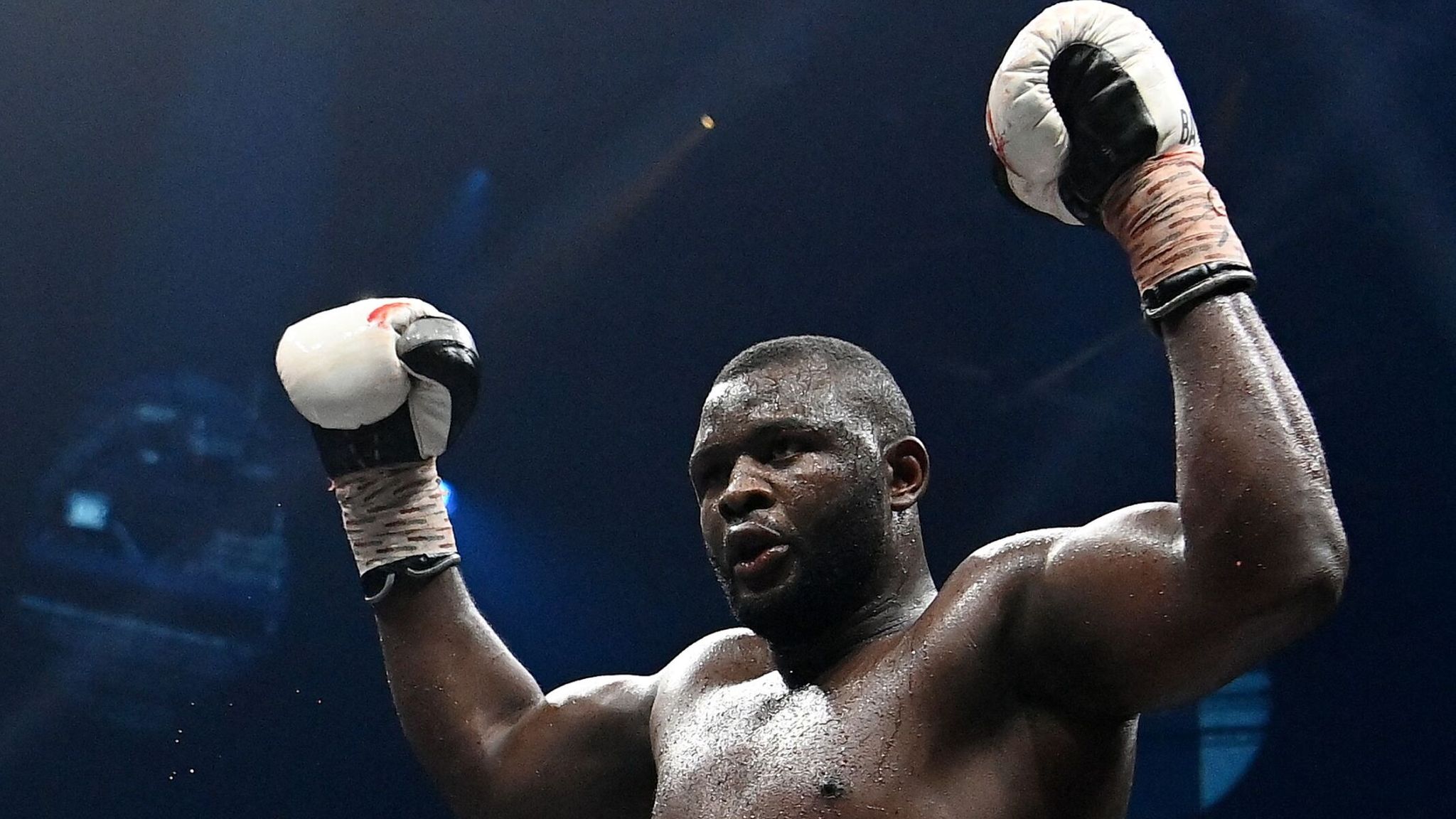 Tonights Fight Analyzing Martin Bakoles Rise And His Reputation As A Difficult Opponent
May 04, 2025
Tonights Fight Analyzing Martin Bakoles Rise And His Reputation As A Difficult Opponent
May 04, 2025 -
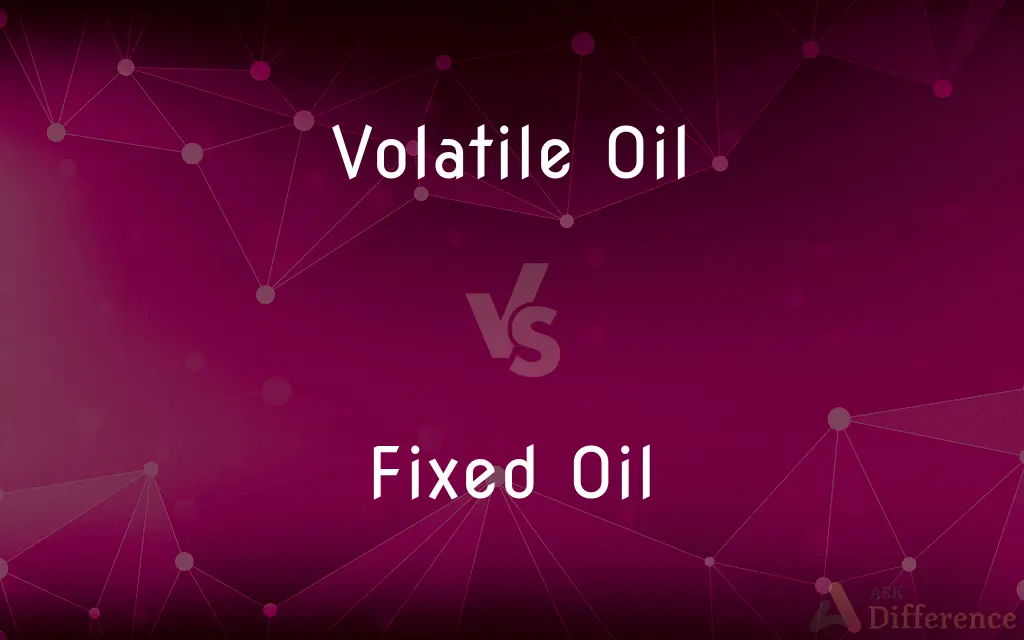 The Future Of Flight Adapting To A Volatile Oil Market
May 04, 2025
The Future Of Flight Adapting To A Volatile Oil Market
May 04, 2025 -
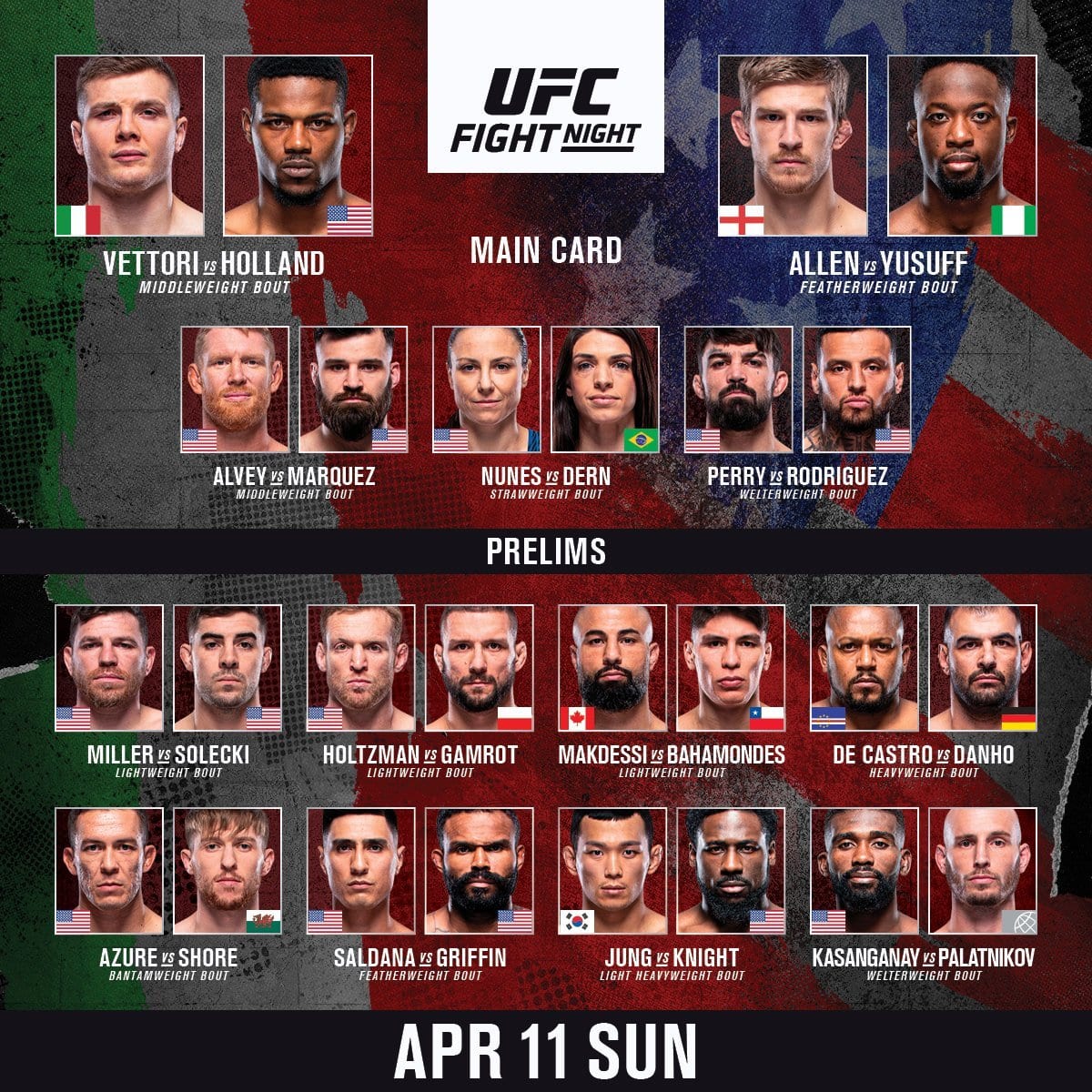 Ufc 313 Preview And Predictions A Fight By Fight Breakdown
May 04, 2025
Ufc 313 Preview And Predictions A Fight By Fight Breakdown
May 04, 2025 -
 Louisiana Derby 2025 A Look At The Potential Field And Kentucky Derby Contenders
May 04, 2025
Louisiana Derby 2025 A Look At The Potential Field And Kentucky Derby Contenders
May 04, 2025 -
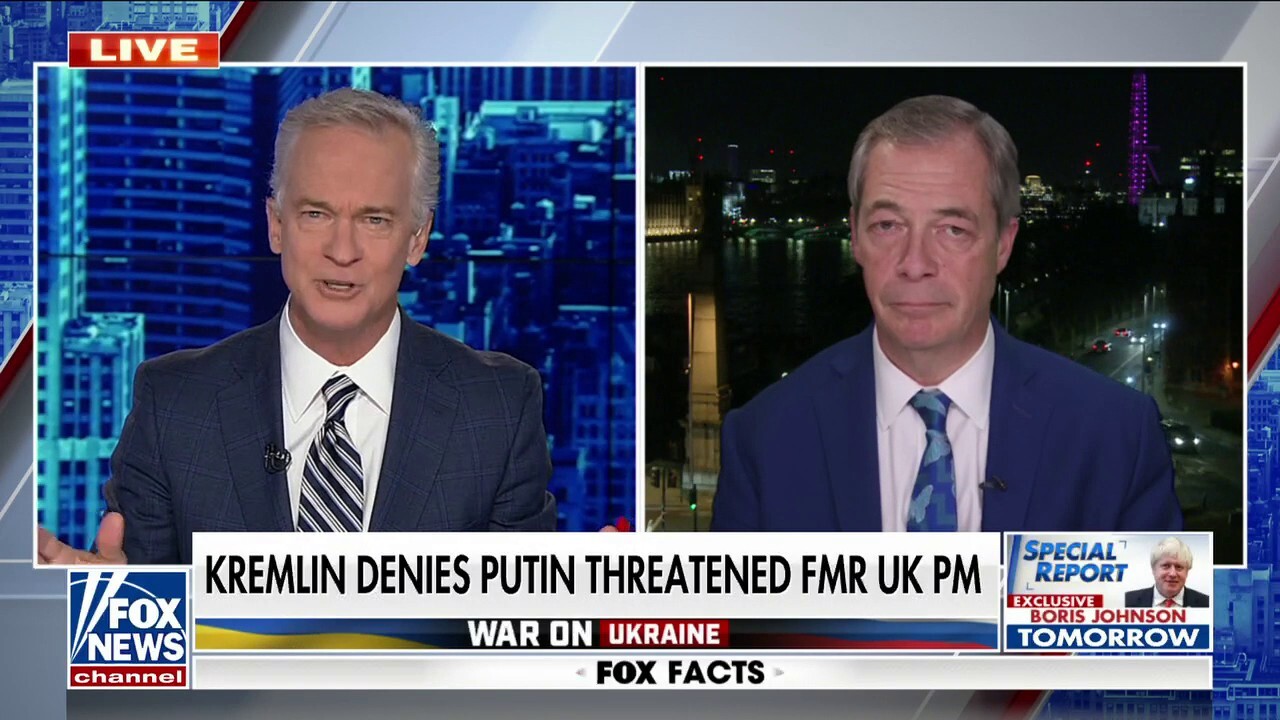 Investigation Into Death Threat Afghan Migrants Journey To The United Kingdom And Alleged Threat Against Nigel Farage
May 04, 2025
Investigation Into Death Threat Afghan Migrants Journey To The United Kingdom And Alleged Threat Against Nigel Farage
May 04, 2025
